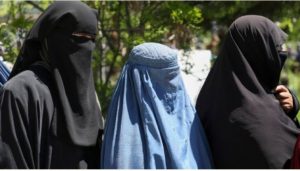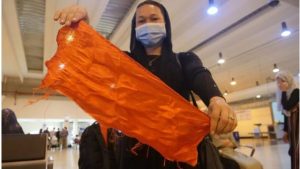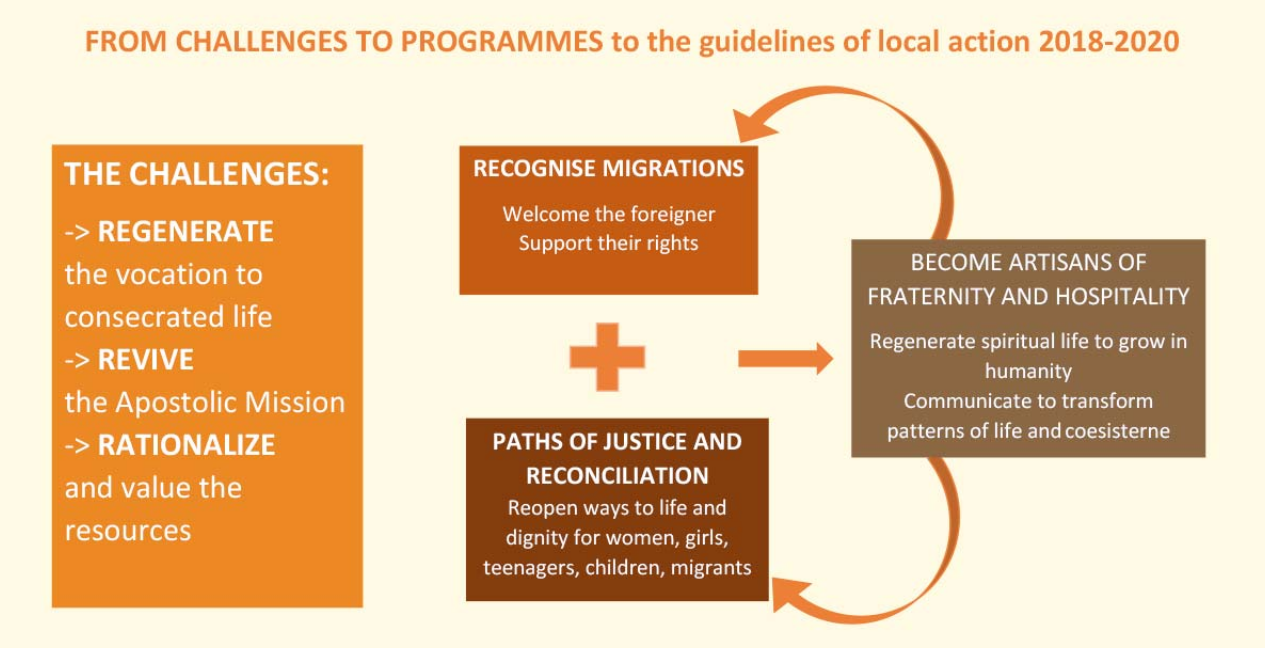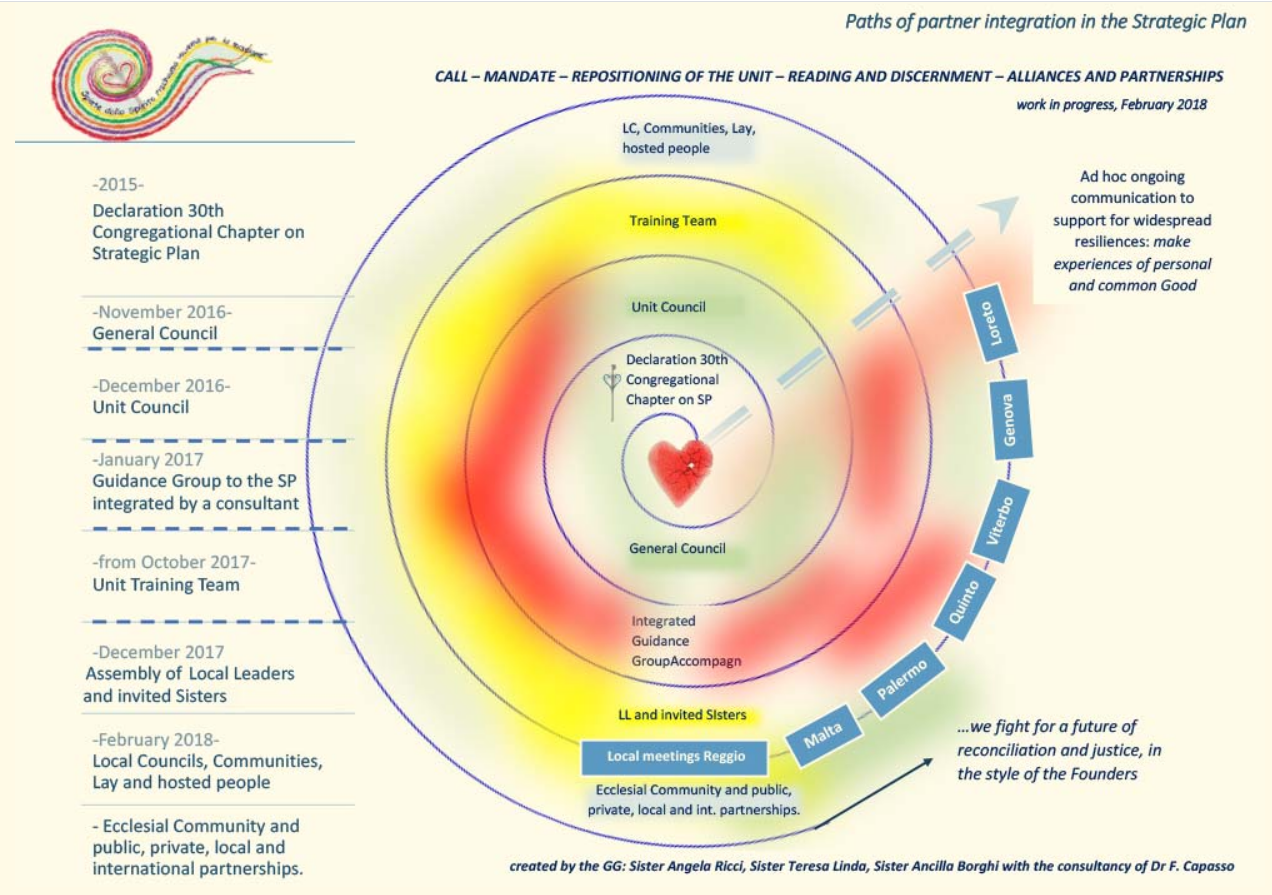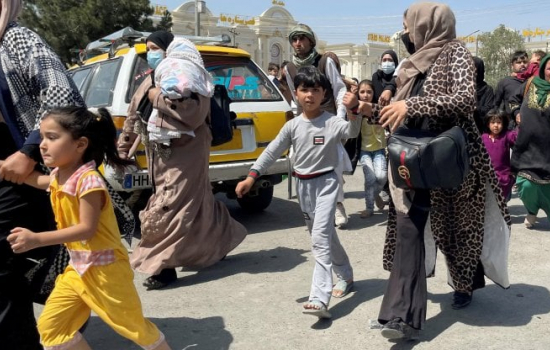
Young Muslim families fleeing Afghanistan welcomed at Domus Nostra
They arrived on tiptoe, deprived of everything, full of pain and dignity. They were in danger of losing their lives because they had opened up to collaborations with Italian NGOs close to our charismatic and civilised values. Forced to migrate suddenly, they are adults and children torn away from their emotional, cultural, socio-economic and religious world.
They have gone through deep traumas to escape persecution by the Taliban, who recaptured Afghanistan last month and are searching house to house for those who would betray the principles of Sharia.
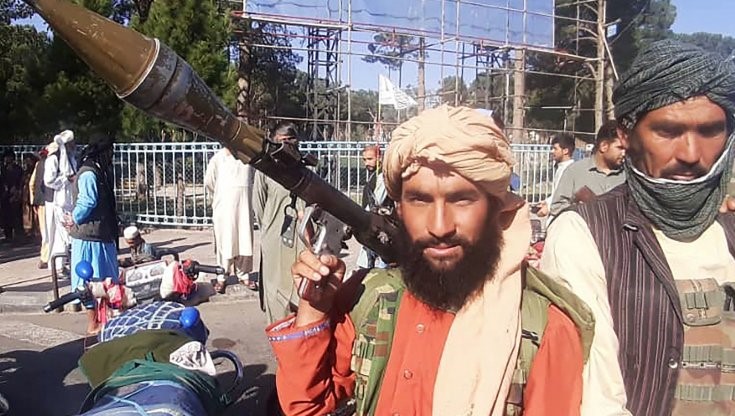
They risked their lives at Kabul airport to leave their country devastated by an unparalleled humanitarian emergency.
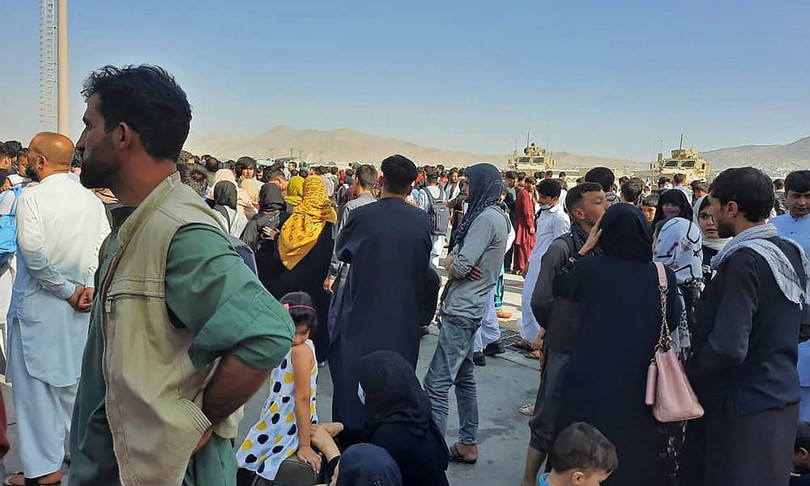
They now need all our support, spiritual, cultural and material, to begin a long journey of resilience. The struggle for survival must now give way to openness to radical transformations that were inconceivable until now and that they never wanted.
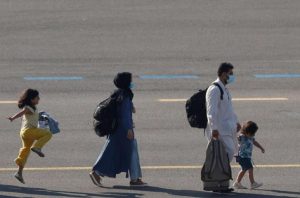 We will have to help them to bear the grief of the life that – at least on the outside – they have left behind and to imagine and implement humane cultural, social and work integration paths.
We will have to help them to bear the grief of the life that – at least on the outside – they have left behind and to imagine and implement humane cultural, social and work integration paths.
We are all called upon to protect their right to respect for their culture and personal dignity, especially for women, in order to make the often unfulfilled promises of politicians a reality on a daily basis.
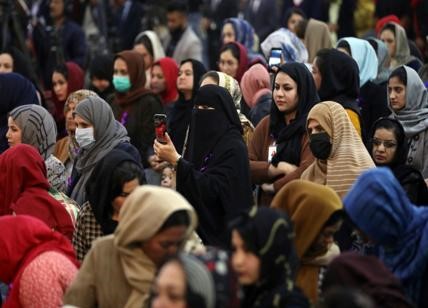
The positive redesigning of the future of the Afghan families welcomed at the Domus Nostra in Quinto di Treviso (currently two groups of seven people, soon to become nine) is a great challenge that will also depend on the contributions (spiritual, material and financial) made by all the organisations in our Unit.
The reception of Afghan refugees at Domus Nostra is in fact a response to an appeal for mercy, solidarity and responsibility launched by the USMI (Union of Major Superiors of Italy), which Sister Angela warmly supported in a message of 24 August addressed to all the communities, inviting them, as far as possible, to make a place available for a generous reception. Domus Nostra seized this opportunity thanks to the special involvement of the apostolic component and the deep-rooted experience of co-responsibility of sisters and lay people in the Mission of Quinto.

The “Shelter and Integration Project for the protection of Afghan families in search of refuge 2021-2022” to which Sisters and partners of the mission are giving life in the reality of Quinto di Treviso – in a network with the territory – wants to involve all the Sisters of the Unit, in every phase and condition of life.
Participate and spread the word about fundraising
by sending your contributions to the account of the Apostolic Community of Quinto
IBAN IT32D0306961972000003879037
with the following reason for payment:
“Participation in the 2021-2022 BP-style Project for the Reception and Integration of Afghan Families”.
For further information, please contact the project leader Sister Teresa Linda (direzione@domus-nostra.it).
We welcome this challenge
as an opportunity, as a gift.
We make visible how, together and in co-responsibility, we try to respond to the signs of the times, in coherence with the spiritual patrimony of the Founders, the Positions of the Congregation, the Italy-Malta Strategic Plan 2017-2022 and the Magisterium of Pope Francis, who addressed migrants in this way and always encourages us:
“Too many times we have not welcomed you! Forgive the closure and indifference of our societies, which are afraid of the change of life and mentality that your presence requires.
Treated as a burden, a problem, a cost, you are instead a gift”.
(from the Pope’s video-message for the 35th anniversary of the founding of the Centro Astalli April 2016).

We support the paths of Afghan families who will be engaged in the coming year to:
- Regularise their refugee status
- Feeding the processes of enculturation to contain the loss of identity, meaning and perspective
- Start new processes of acculturation in our system of reception in order to understand and be understood, to be able to live and work more and more independently in complex contexts that are completely different from those from which they come
